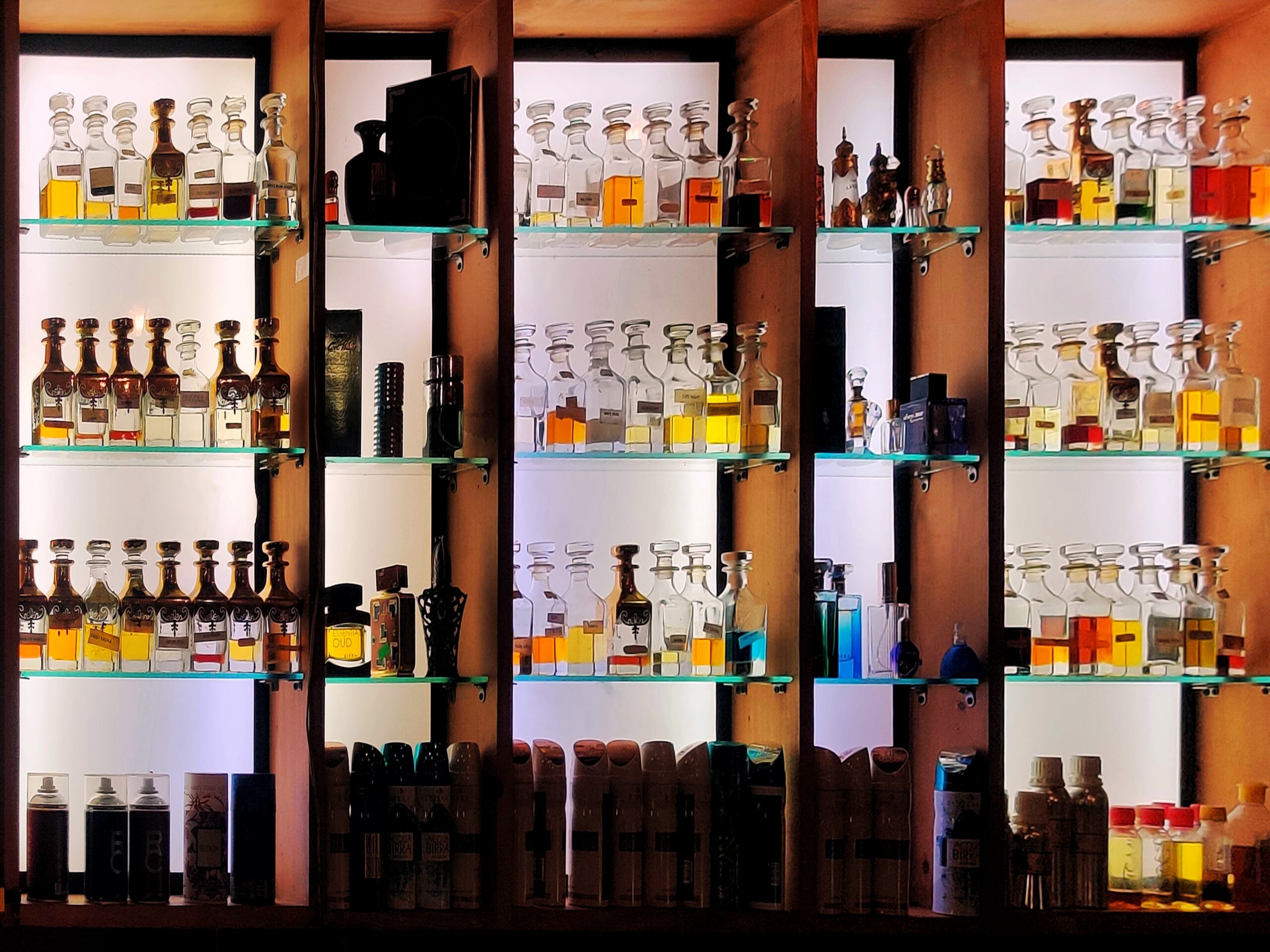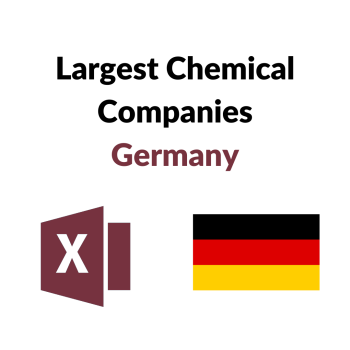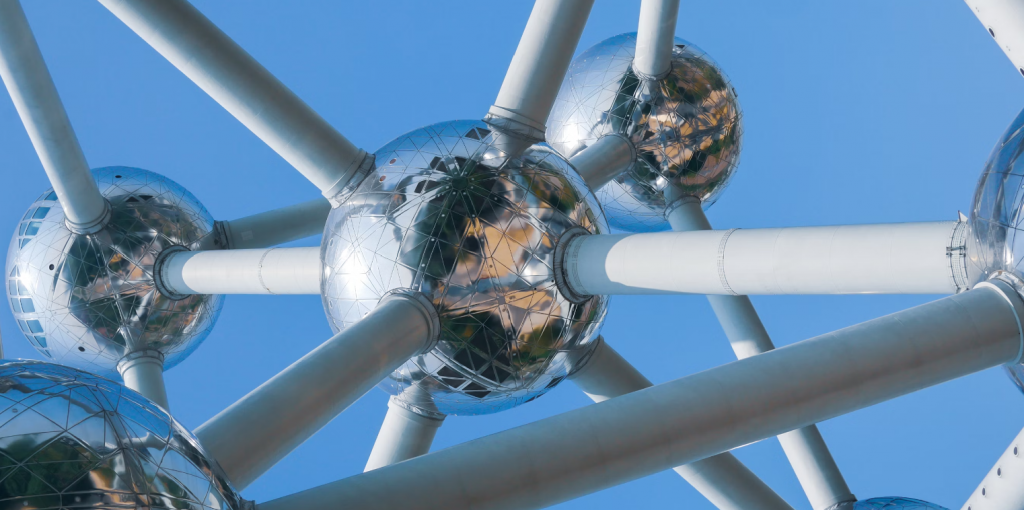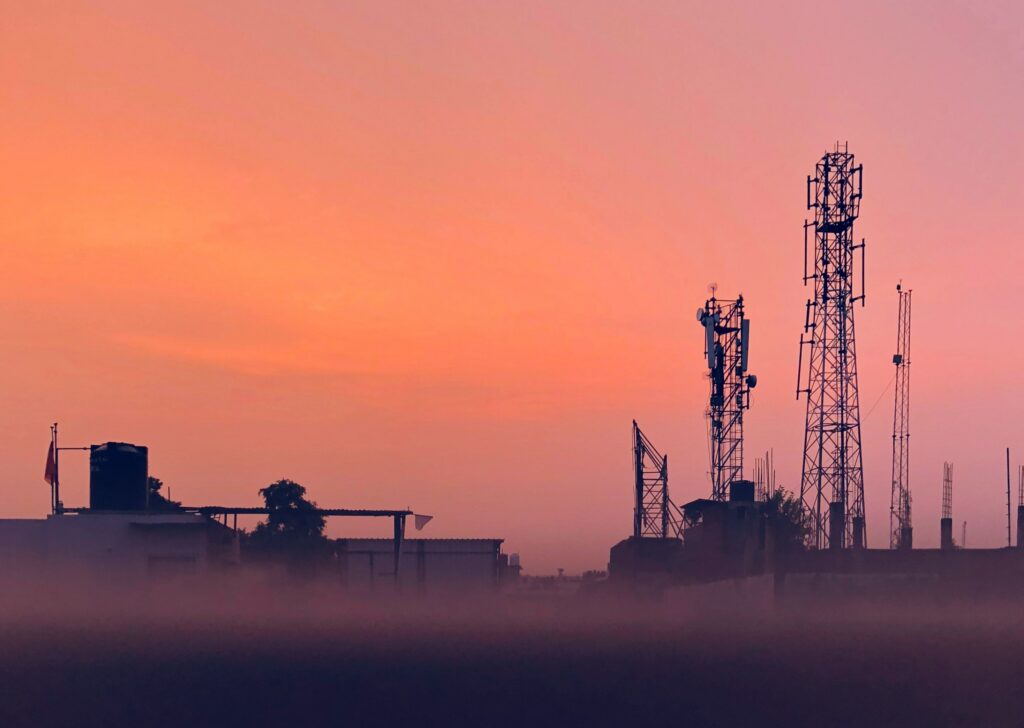Fine and specialty chemicals are a not sharply defined number of chemical substances that are usually produced in small quantities and on special customer request. Fine chemicals are chemical substances that are obtained by means of complex syntheses and have a guaranteed degree of purity. Specialty chemicals is the broader term and generally includes chemical substances for special applications where the effect is what counts most. This article is based on the unique Top 600 Chemical Companies Germany – List of the largest chemical companies.
-
Rated 5.00 out of 5€349,99 Incl. VAT
- Excel list of the 600 largest German chemical companies for download
- Including: sales (since 2015), number of employees, e-mail, address, telephone number, management, etc
- Detailed information on industry (specialty chemicals, pharmaceuticals, paints and coatings, construction chemicals, etc.)
- Download valid at any time, free updates within one year after purchase, free preview file available
- Last update: 07.08.2020
Not for mass market – effect and purity count
Fine and specialty chemicals are not intended for a mass market. Their production requires complex processes and extensive research and development. Typical specialty chemical products are additives that are added in small quantities to other products to improve product properties. Examples: Food additives, flame retardants and light stabilizers. Fine chemicals are used, among other things, for analysis and synthesis in laboratories, as starting materials for active pharmaceutical ingredients, for polymer production and for use in cosmetics and detergents.
Germany’s leading specialty chemicals company is Evonik Industries AG in Essen. The group was created in 2006 from the former Ruhrkohle AG. Evonik has more than 33,000 employees and achieved sales of €12.2 billion in 2020. This also makes the company one of the world’s leading specialty chemicals suppliers. An important production site is the Marl Chemical Park. Other large pure specialty suppliers are the Bavarian Wacker Chemie AG (2019: 4.9 billion euros in sales) and Altana AG in Wesel (2019: 2.3 billion euros in sales). A large German specialty chemicals producer is also BASF. Here, however, specialty chemicals form only a smaller part of the production program and are assigned to different divisions.
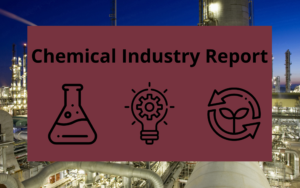 This article is based on our list of the 600 largest chemical companies in Germany and on our Chemical Industry Report. In our Chemical Industry Report you will find detailed information on areas of activity, an overview of the locations and clusters of the chemical industry, key financial figures as well as insights into the gender distribution and sustainability efforts of the industry.
This article is based on our list of the 600 largest chemical companies in Germany and on our Chemical Industry Report. In our Chemical Industry Report you will find detailed information on areas of activity, an overview of the locations and clusters of the chemical industry, key financial figures as well as insights into the gender distribution and sustainability efforts of the industry.
Source: Listenchampion – Chemie Branchenreport Image source: Unsplash

